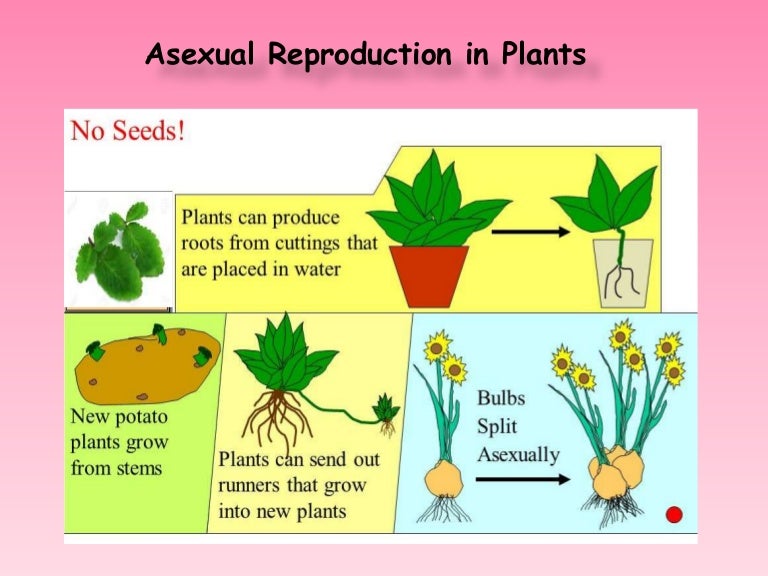In natural asexual reproduction, roots give rise new plants, plants propagate budding cutting. grafting, part a plant attached the root system another plant; two unite form new plant the roots one the stem leaf structure the other.
 A natural method asexual reproduction plants. - underground food storage organs fleshy leaves store food can grow develop new plants, onions garlic.
A natural method asexual reproduction plants. - underground food storage organs fleshy leaves store food can grow develop new plants, onions garlic.
 Asexual reproduction plants occurs budding, fragmentation, vegetative propagation, spore formation. flowers required this method. . type reproduction naturally the small part the plant fall onto soil then to grow into new plant. mode often by nurseries .
Asexual reproduction plants occurs budding, fragmentation, vegetative propagation, spore formation. flowers required this method. . type reproduction naturally the small part the plant fall onto soil then to grow into new plant. mode often by nurseries .
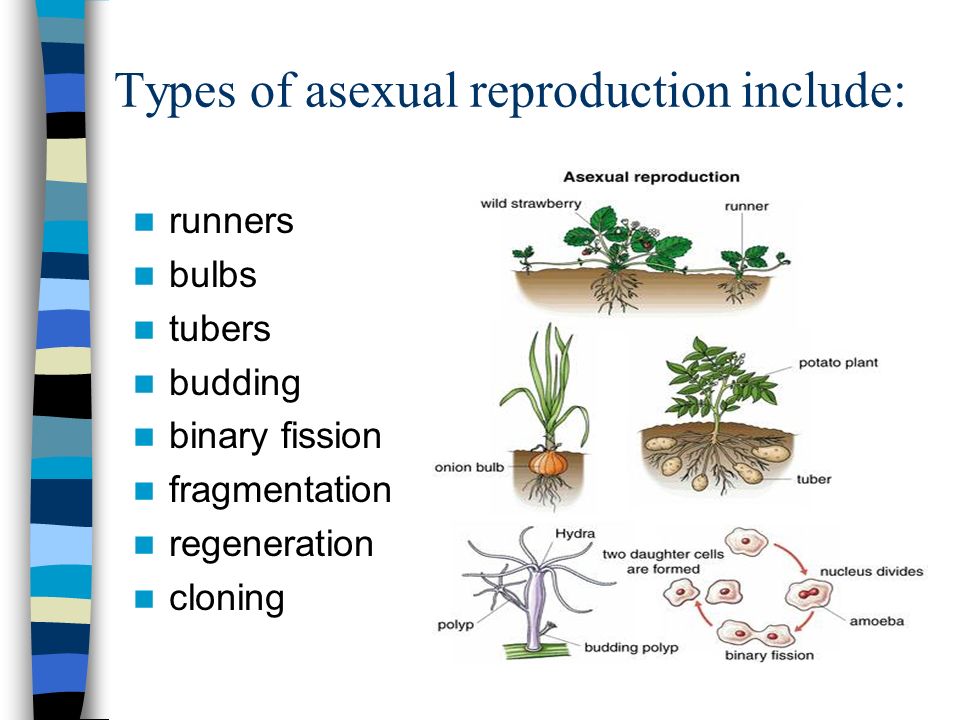 In natural asexual reproduction, plants do use seeds spores. Example: Potatoes Bryophyllum. are common vegetative propagations mentioned below: Stems: Stems runners grow horizontally above ground. Stems so nodes grow a plant.
In natural asexual reproduction, plants do use seeds spores. Example: Potatoes Bryophyllum. are common vegetative propagations mentioned below: Stems: Stems runners grow horizontally above ground. Stems so nodes grow a plant.
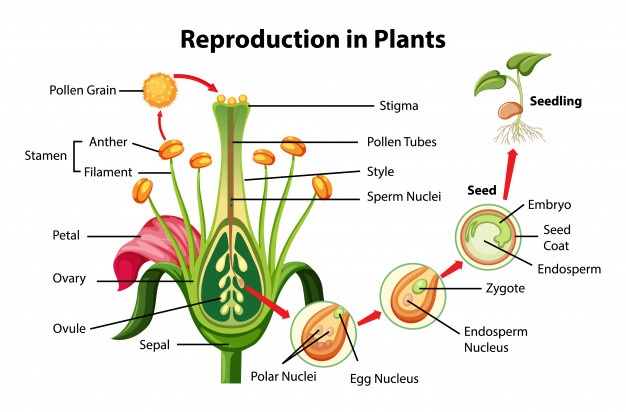 Natural methods asexual reproduction include strategies plants developed self-propagate. plants—like ginger, onion, gladioli, dahlia—continue grow buds are present the surface the stem. some plants, as sweet potato, adventitious roots runners give rise new plants (Figure 1).
Natural methods asexual reproduction include strategies plants developed self-propagate. plants—like ginger, onion, gladioli, dahlia—continue grow buds are present the surface the stem. some plants, as sweet potato, adventitious roots runners give rise new plants (Figure 1).
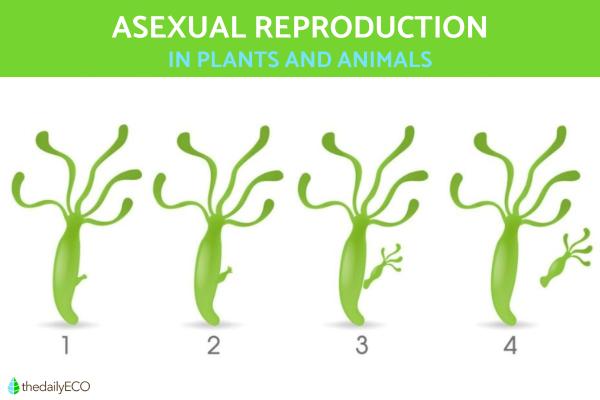 An advantage asexual reproduction that resulting plant reach maturity faster. the plant arising an adult plant plant parts, will be sturdier a seedling. Asexual reproduction take place natural artificial (assisted humans) means.
An advantage asexual reproduction that resulting plant reach maturity faster. the plant arising an adult plant plant parts, will be sturdier a seedling. Asexual reproduction take place natural artificial (assisted humans) means.
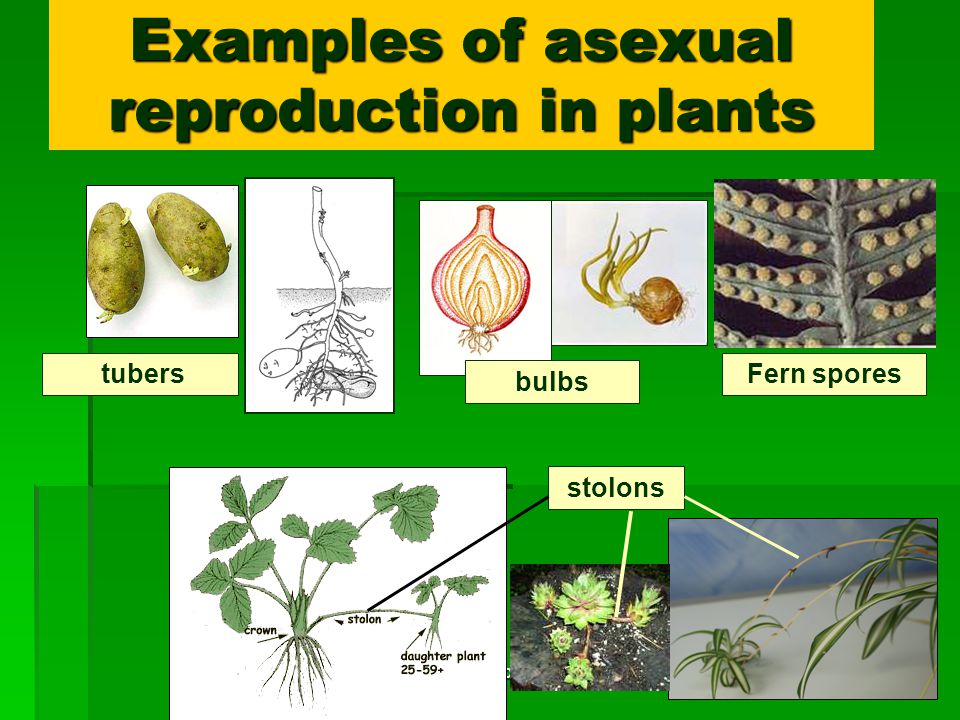 Natural methods asexual reproduction include strategies plants developed self-propagate. plants—like ginger, onion, gladioli, dahlia—continue grow buds are present the surface the stem. some plants, as sweet potato, adventitious roots runners give rise new plants (Figure 1).
Natural methods asexual reproduction include strategies plants developed self-propagate. plants—like ginger, onion, gladioli, dahlia—continue grow buds are present the surface the stem. some plants, as sweet potato, adventitious roots runners give rise new plants (Figure 1).
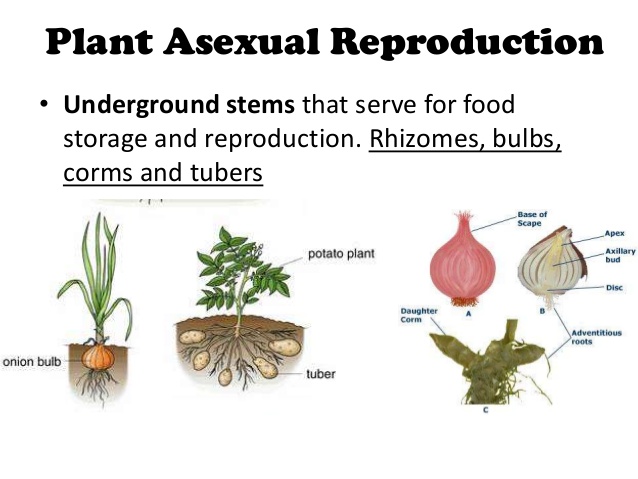 In asexual reproduction, part the parent plant used generate new plant. Grafting, layering, micropropagation some methods for artificial asexual reproduction. new plant genetically identical the parent plant which stock been taken. Asexually reproducing plants thrive in stable environments.
In asexual reproduction, part the parent plant used generate new plant. Grafting, layering, micropropagation some methods for artificial asexual reproduction. new plant genetically identical the parent plant which stock been taken. Asexually reproducing plants thrive in stable environments.
 Asexual Reproduction Plants. How do plants reproduce asexually? Plants made of cells tissues carry them ability regenerate entire plant structure as totipotency, ensures offspring is completely identical the parent.This means part the plant; leaves, stems, buds, roots capable reproducing new individual plant .
Asexual Reproduction Plants. How do plants reproduce asexually? Plants made of cells tissues carry them ability regenerate entire plant structure as totipotency, ensures offspring is completely identical the parent.This means part the plant; leaves, stems, buds, roots capable reproducing new individual plant .
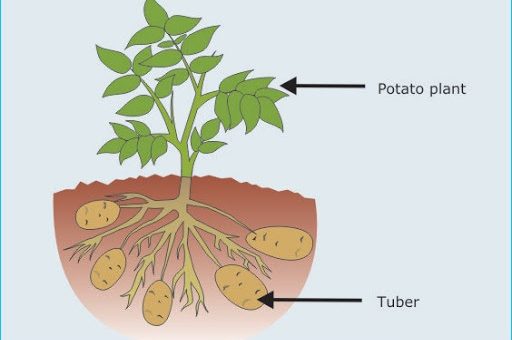 Some these naturally occurring in plants release spores others caused human intervention as cuttings. are two general categories: vegetative apomixis. Vegetative asexual reproduction involves plant creating plant material goes to a plant. can through budding .
Some these naturally occurring in plants release spores others caused human intervention as cuttings. are two general categories: vegetative apomixis. Vegetative asexual reproduction involves plant creating plant material goes to a plant. can through budding .
 What Are The 7 Types Of Asexual Reproduction In Plants at Willie Huot blog
What Are The 7 Types Of Asexual Reproduction In Plants at Willie Huot blog
